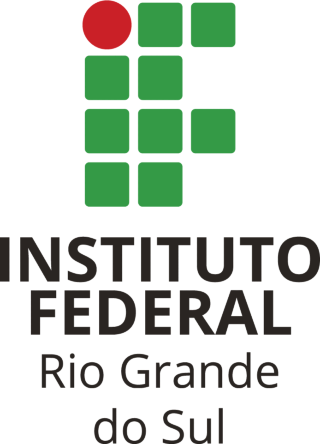A identidade do sujeito professor de língua portuguesa na pós-modernidade
| Title: | A identidade do sujeito professor de língua portuguesa na pós-modernidade |
| Author: | Wiederkehr, Tamires |
| Abstract: |
Problematizar a identidade do professor de língua portuguesa é andar por caminhos ainda obscuros, tendo em vista a transição e o momento histórico em que nos situamos, a pós-modernidade. Mas, de maneira imprescindível, as considerações acerca do tema se tornam relevantes na busca da construção da identidade docente. Neste sentido, este estudo apresenta a pesquisa realizada com professoras licenciadas em Letras – Português e Inglês/Literatura, que atuam na rede pública de ensino na cidade de Montenegro com o principal objetivo de analisar como se dá a construção da identidade do professor de língua portuguesa na pós-modernidade, através de suas concepções e práticas docentes. Tendo como base metodológica a pesquisa qualitativa, foi elaborado um grupo de discussão, em que as colocações e contribuições das participantes foram usadas como objeto de investigação para a análise dos dados coletados. O aporte teórico esteve suportado nas premissas de Stuart Hall (2015), Tomaz Tadeu da Silva (2014), Zygmunt Bauman (1998, 2005), Maria José R. Faria Coracini (2000), Selma Garrido Pimenta (1997), Bernard Charlot (2008) e Maurice Tardif (2000, 2013). No grupo de discussão, do qual participaram três professoras, os resultados demonstraram desconhecimento e uma certa incerteza ao tratar sobre as questões envolvendo identidade e pós-modernidade. Isso demonstra que, diante do momento atual e das transformações que vêm ocorrendo na sociedade e no mundo, quase que instantaneamente, o professor além de estar preparado precisa se reconhecer e se situar diante das identificações possíveis, para que possa (re)pensar sua prática de forma interligada ao contexto do aluno e ao que ele próprio experiencia. Reflecting and discussing about questions that arise concerning the identity of Portuguese teacher is like walking in obscure ways, considering the transition and the historical moment in which we are living: postmodernity. However, ponderations about the theme become vitally important in our search for a construction of the teaching identity. Keeping it in mind, this study presents a research that was carried out with Portuguese, English and Literature teachers who work in public schools in Montenegro, state of Rio Grande do Sul. This research mainly aims to reflect, discuss and analyze how the Portuguese teacher’s identity is constructed in postmodernity, through the participants’ conceptions and teaching practices. Based on a qualitative research, a discussion group was formed, in which the participants' contributions were used as an object of research to analyze the data collected. The theoretical contribution was based on the assumptions of Stuart Hall (2015), Tomaz Tadeu da Silva (2014), Zygmunt Bauman (1998, 2005), Maria José R. Faria Coracini (2000), Selma Garrido Pimenta (1997), Bernard Charlot (2008) and Maurice Tardif (2000, 2013). Three teachers took part in the discussion group and the results showed, besides lack of knowledge, some uncertainty in dealing with aspects that involve identity and postmodernity. Thus, taking into account the current almost instant changes that are occurring in terms of society and in the world, the results demonstrate that the teacher, besides of being well prepared, needs to recognize himself and to be situated in the presence of all possible identifications, so that he is able to (re)think his/her practice in a way that is interconnected to the student’s context and also to what the teacher experiences. |
| URI: | https://dspace.ifrs.edu.br/xmlui/handle/123456789/888 |
| Date: | 2018 |
Files in this item
| Files | Size | Format | View | Description |
|---|---|---|---|---|
| 123456789888.pdf | 858.4Kb |
View/ |
Texto completo |



